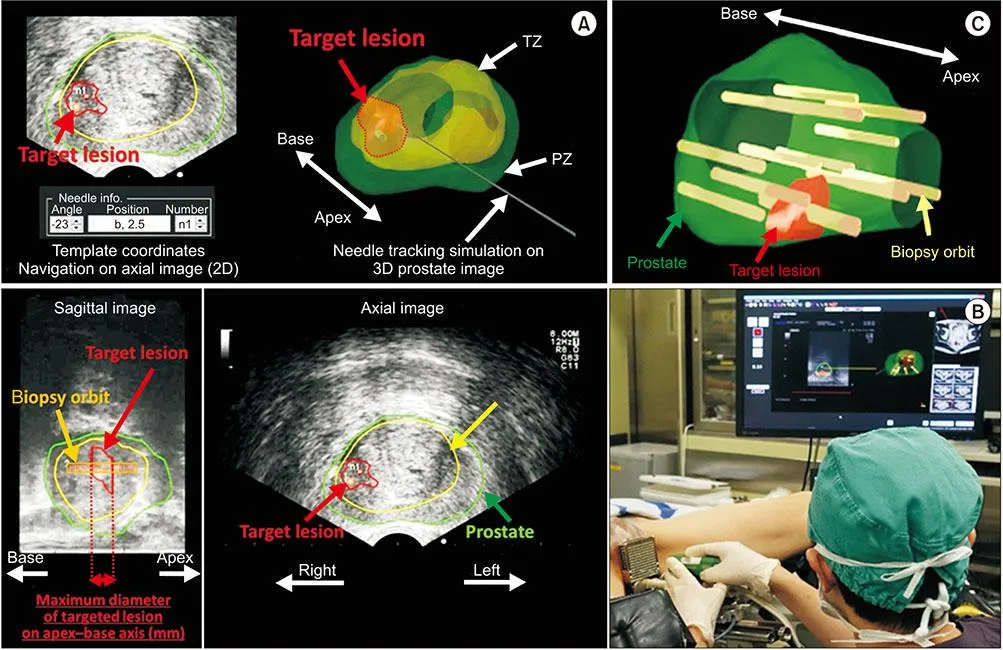Prostate Cancer Treatment

Prostate cancer is one of the most common cancers affecting men, especially as they age. The prostate gland, which produces seminal fluid, can develop cancerous cells that may spread to other parts of the body if not detected early. Fortunately, many cases of prostate cancer are treatable, especially when diagnosed early. Mr. Rai is highly experienced in offering advanced, personalized treatment options to manage and treat prostate cancer effectively.
What to Expect from Prostate Cancer Treatment with Mr. Rai
Comprehensive Diagnosis:
The first step in treating prostate cancer is accurate diagnosis. Mr. Rai uses the latest diagnostic tools, including:
Prostate-Specific Antigen (PSA) blood tests to screen for elevated PSA levels, which can be an indicator of prostate cancer. Advanced approaches like Stockholm PSA testing provide enhanced screening accuracy by incorporating additional biomarkers, leading to fewer false positives and a more reliable risk assessment.
Digital Rectal Exam (DRE) to physically assess the prostate for abnormalities.

MRI/ultrasound fusion prostate biopsy
MRI/Ultrasound (US) fusion biopsy combines mp-MRI imaging with real-time ultrasound to precisely target suspicious areas within the prostate. This advanced technique helps detect aggressive cancers that might be missed by traditional biopsies, which sample tissue more randomly.
Fusion biopsies offer:
Greater accuracy in finding significant prostate cancers.
Fewer unnecessary biopsies and lower risk of overdiagnosing low-risk cancers.
Improved confidence for men on active surveillance or with persistently elevated PSA levels.
This targeted approach supports better treatment decisions and reduces the need for repeat procedures.
Tailored Treatment Plan:
Once prostate cancer is confirmed, Mr. Rai will discuss your treatment options based on the cancer’s stage, your overall health, and personal preferences. His goal is to offer a treatment plan that effectively targets the cancer while minimizing side effects. Treatment options may include:
Treatment Options for Prostate Cancer
Active Surveillance:
For men with low-risk or slow-growing prostate cancer, active surveillance may be recommended. This approach involves closely monitoring the cancer through regular PSA tests, DREs, and imaging without immediate treatment. It’s an option for patients where the cancer poses little risk of spreading or causing symptoms in the short term.
Benefits:
Avoids immediate surgery or radiation
Minimizes the risk of side effects
Regular monitoring ensures the cancer is controlled
Radiation Therapy:
In some cases, radiation therapy may be recommended as a primary treatment for prostate cancer. Radiation can be delivered in two main forms:
External Beam Radiation Therapy (EBRT): This involves targeting the prostate with radiation from outside the body to kill cancer cells.
Brachytherapy (Internal Radiation): Small radioactive seeds are implanted directly into the prostate, providing a targeted dose of radiation over time.
Radiation therapy can also be used after surgery to eliminate any remaining cancer cells.
Benefits:
Non-invasive with no surgical recovery
Effective for early-stage cancer
Can be used alongside other treatments
Hormonal Therapy:
Hormone therapy, also known as androgen deprivation therapy (ADT), may be used to block or reduce the production of testosterone, which can fuel the growth of prostate cancer. This treatment is often used in combination with other therapies for advanced or high-risk prostate cancer.
Benefits:
Slows or stops the growth of prostate cancer
Often combined with radiation for better outcomes in advanced cases
Robotic-Assisted Radical Prostatectomy:
For patients with localized or high-risk prostate cancer, surgery to remove the prostate gland—called a radical prostatectomy—may be recommended. A common modern approach is robotic-assisted radical prostatectomy (RARP), which uses robotic technology to perform the surgery through small incisions.
During RARP, a robotic system helps the surgeon by providing greater precision, flexibility, and a clear, 3D view of the area. The robotic arms move smoothly and accurately, allowing for smaller cuts, better control, and more delicate handling of tissues around the prostate.
Benefits of Robotic-Assisted Radical Prostatectomy:
Minimally invasive technique with smaller incisions and less blood loss compared to traditional open surgery.
Faster recovery time and shorter hospital stay, often allowing patients to return home the next day.
Reduced risk of complications, such as infections or blood clots.
Improved preservation of urinary continence and sexual function due to the enhanced precision of robotic technology.
Excellent cancer control with a high success rate for complete removal of localized prostate cancer.
Chemotherapy:
For patients with advanced or metastatic prostate cancer, chemotherapy may be recommended to shrink or slow the spread of cancer cells. Chemotherapy is usually considered when cancer has spread beyond the prostate and hormone therapy is no longer effective.
Benefits:
Targets cancer cells throughout the body
Often used when cancer is resistant to hormone therapy
What Makes Mr. Rai’s Approach Unique?
Multidisciplinary Team: Mr. Rai works closely with a team of oncologists, radiologists, and pathologists to ensure that every aspect of your care is addressed. This collaborative approach ensures that you receive the most comprehensive treatment available.
Advanced Surgical Expertise: Mr. Rai’s experience with robotic-assisted surgery allows for the most precise and least invasive surgical option, minimizing side effects and speeding recovery.
Patient-Centered Care: Mr. Rai is committed to providing compassionate, personalized care. He will discuss all treatment options with you and guide you through every step of the decision-making process.
Post-Treatment Care and Monitoring:
After treatment, Mr. Rai offers a thorough follow-up plan to monitor for any signs of cancer recurrence and to manage side effects. Patients will undergo regular PSA tests and possibly additional imaging to ensure the cancer is under control. Mr. Rai and his team will also provide support for managing any long-term effects of treatment, such as urinary or sexual function issues, offering resources and therapies to help improve your quality of life.
FAQS
What can I expect during my first consultation?
During your first consultation, I will take the time to understand your medical history, discuss your symptoms, and conduct any necessary examinations. We’ll work together to create a personalised treatment plan tailored to your specific needs.
Do I need a referral to see Mr. Rai?
Whilst a referral from your GP is often helpful, you can book an appointment directly to see Mr Rai, depending on your health concerns. Mr Rai will see both self-pay and insured patients.
What should I bring to my appointment?
Please bring any relevant medical records, a list of current medications, and any referral letters from your GP. This helps ensure a thorough and informed consultation.
Which insurance providers does Mr Rai work with?
Mr. Rai works with a wide range of reputable insurance providers to offer comprehensive care to his patients. These include BUPA, BUPA Global, AVIVA, AXA, WPA, Healix Health, Preferred Health, Trust in Health, Allianz Worldwide Care, AETNA Global Benefits, Vitality Health, Cigna, and Benendon.
Can I see Mr Rai if I do not have Healthcare Insurance?
Yes, Mr. Rai does see self-pay patients. You can access his expertise and cutting-edge treatments without the need for healthcare insurance.
Do you offer virtual remote consultations for patients who are unable to visit in person?
Yes, Mr. Rai offers virtual remote consultations through Google Meet or Zoom. He can assess and discuss your healthcare needs remotely and arrange access to the latest diagnostics and treatment services in both London and Buckinghamshire.

© 2024 SR Urology. All Rights Reserved | Privacy Policy | Terms of Service Designed by The Higher League

